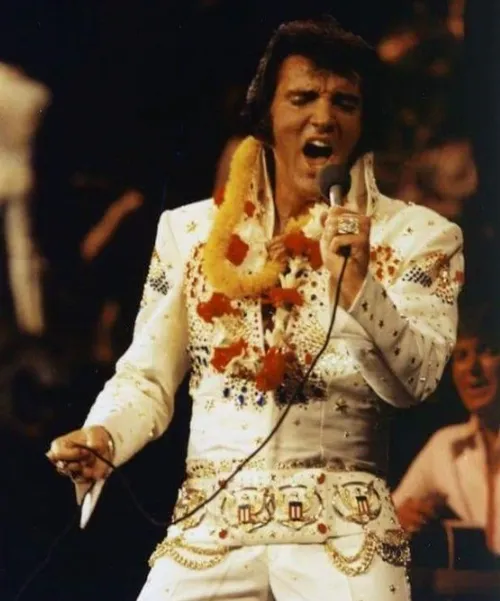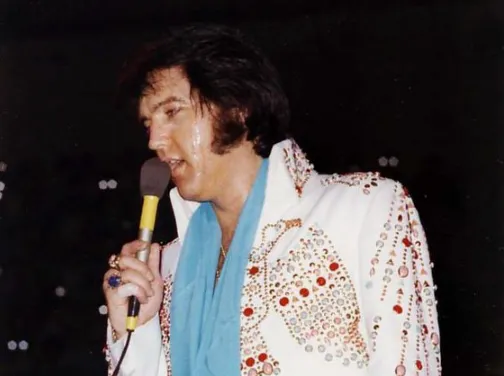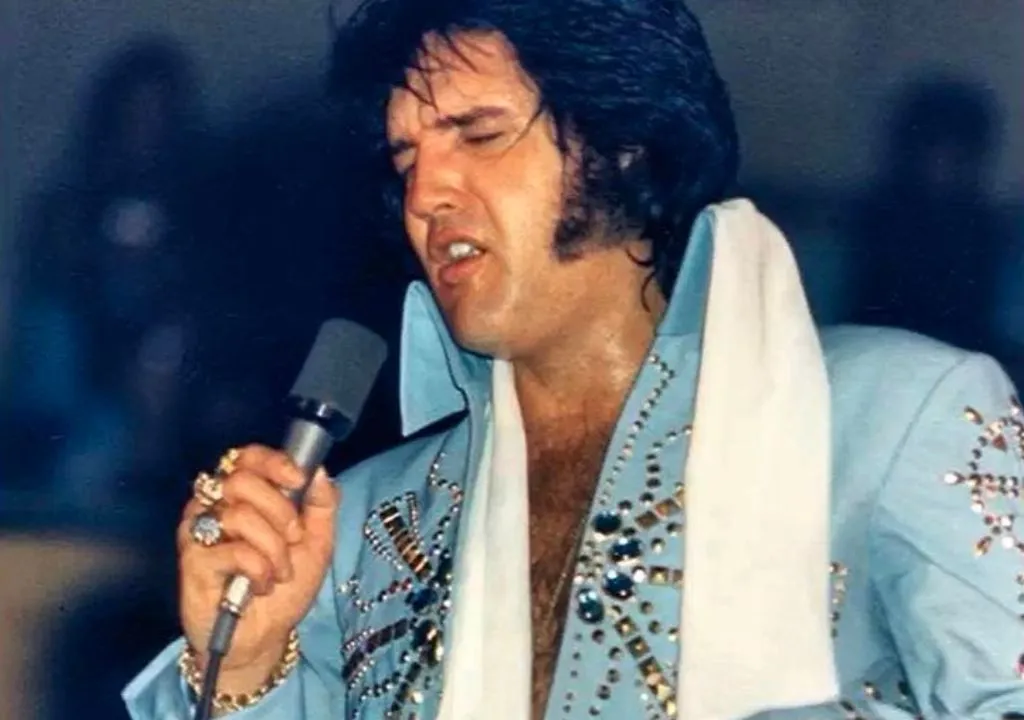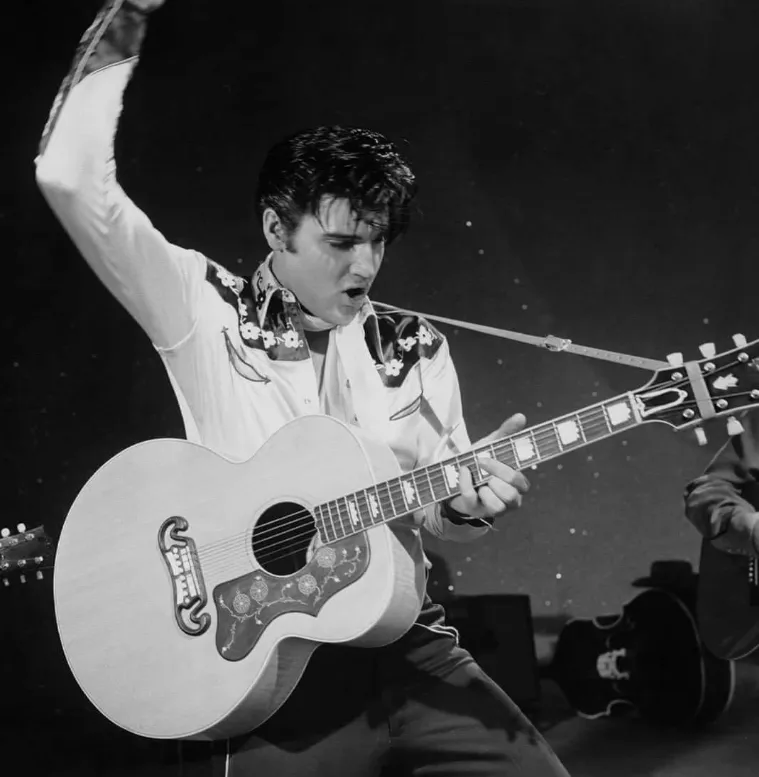About the song
(Watch the video below)
In the rich tapestry of Elvis Presley's musical legacy, "Fool, Fool, Fool" stands as a poignant testament to the enduring power of love and heartbreak. Written by Big Joe Turner, Jesse Stone, and Rudy Toombs, this blues-infused ballad found its way into Elvis's repertoire, showcasing his remarkable ability to imbue even the simplest lyrics with profound emotion. As Elvis crooned the melancholic verses, he tapped into a universal sentiment, resonating with audiences across generations.
At its core, "Fool, Fool, Fool" captures the essence of unrequited love and the pain of longing for someone who doesn't return affection. The repetitive refrain, with its plaintive repetition of "Fool, Fool, Fool," underscores the protagonist's sense of self-awareness and resignation to his own folly. Through Elvis's soulful rendition, the song becomes more than just a lament; it becomes a cathartic expression of human vulnerability and resilience in the face of heartache.
Elvis's interpretation of "Fool, Fool, Fool" is a masterclass in emotive singing. His voice, rich with longing and regret, carries the weight of the lyrics with effortless grace. Each word is infused with raw emotion, drawing listeners into the depths of the protagonist's despair. From the opening notes of the haunting melody to the final, wistful refrain, Elvis captivates his audience, weaving a narrative of love lost and lessons learned.

One of the most striking elements of Elvis's performance is his ability to convey both strength and vulnerability simultaneously. As he sings of being a "fool for falling in love," there is an underlying sense of resilience in his voice, a refusal to be defeated by his own heartache. It's this juxtaposition of fragility and fortitude that elevates Elvis's rendition of "Fool, Fool, Fool" from a mere love song to a timeless anthem of human experience.
Moreover, Elvis's interpretation of the song showcases his mastery of musical storytelling. Through subtle vocal nuances and emotive phrasing, he brings the protagonist's inner turmoil to life, allowing listeners to empathize with his plight. With each verse, we are drawn deeper into the narrative, feeling the protagonist's pain as if it were our own. It's a testament to Elvis's artistry that he can evoke such powerful emotions with nothing more than his voice and a simple melody.
Beyond its emotional resonance, "Fool, Fool, Fool" also serves as a showcase for Elvis's versatility as an artist. While he is often celebrated for his rock and roll hits, this bluesy ballad demonstrates his ability to excel in a variety of musical styles. From the soulful crooning of the verses to the impassioned wails of the chorus, Elvis proves himself to be a true master of his craft, effortlessly navigating the nuances of each musical genre he tackles.

In many ways, "Fool, Fool, Fool" encapsulates the essence of Elvis Presley as both an artist and a man. Like the protagonist of the song, Elvis was no stranger to the pain of love and loss. Throughout his life, he experienced the highs and lows of romantic entanglements, navigating the complexities of fame and fortune with an unwavering spirit. In "Fool, Fool, Fool," we hear echoes of Elvis's own journey, his voice serving as a conduit for the emotions he himself experienced.
As we listen to Elvis's haunting rendition of "Fool, Fool, Fool," we are reminded of the timeless nature of his music. Decades may pass, but the themes he explores – love, loss, longing – remain as relevant today as they were when he first sang them. In this sense, "Fool, Fool, Fool" is more than just a song; it's a testament to the enduring legacy of one of the greatest performers of all time.
In conclusion, Elvis Presley's rendition of "Fool, Fool, Fool" stands as a timeless lament to the pain of unrequited love. Through his emotive singing and masterful storytelling, Elvis brings the song to life, capturing the hearts of listeners with his raw vulnerability and unwavering resilience. As we continue to revisit his music, we are reminded of the enduring power of Elvis's artistry and the universal truths he so eloquently expressed.



